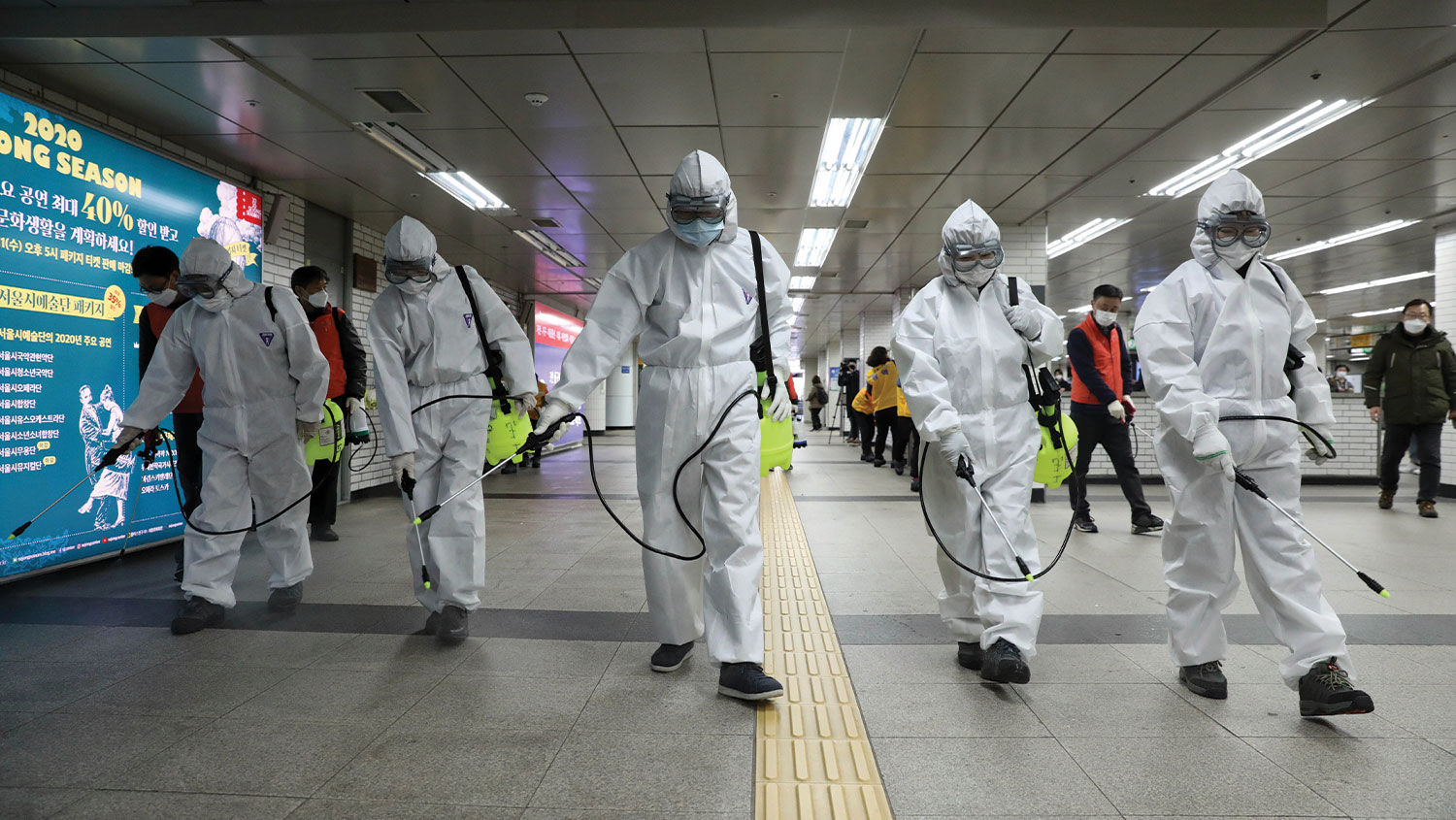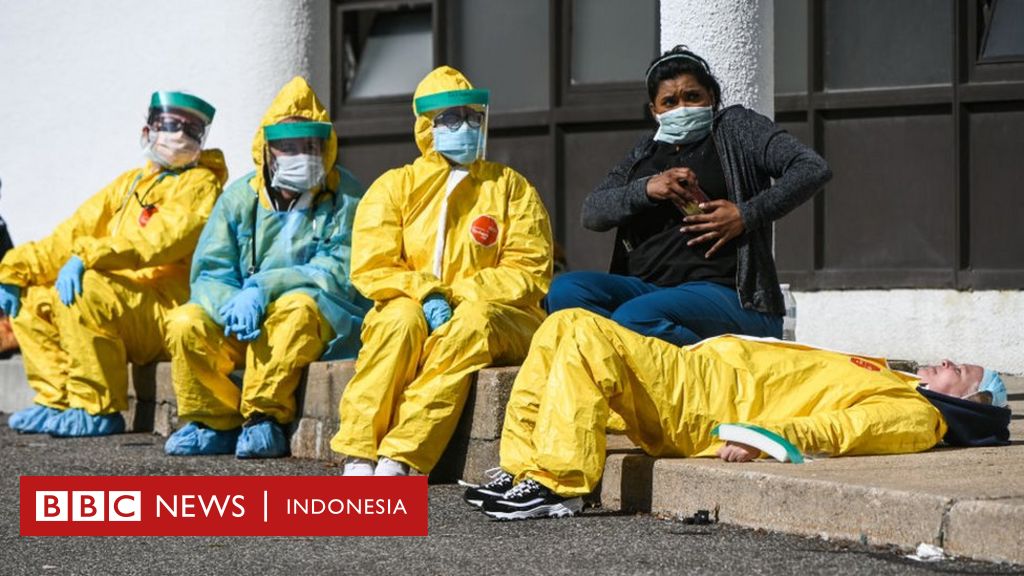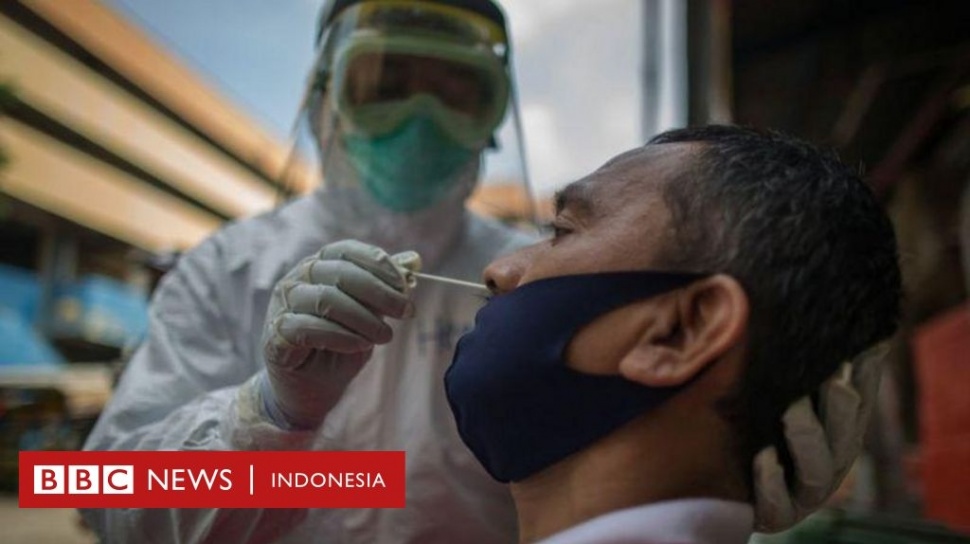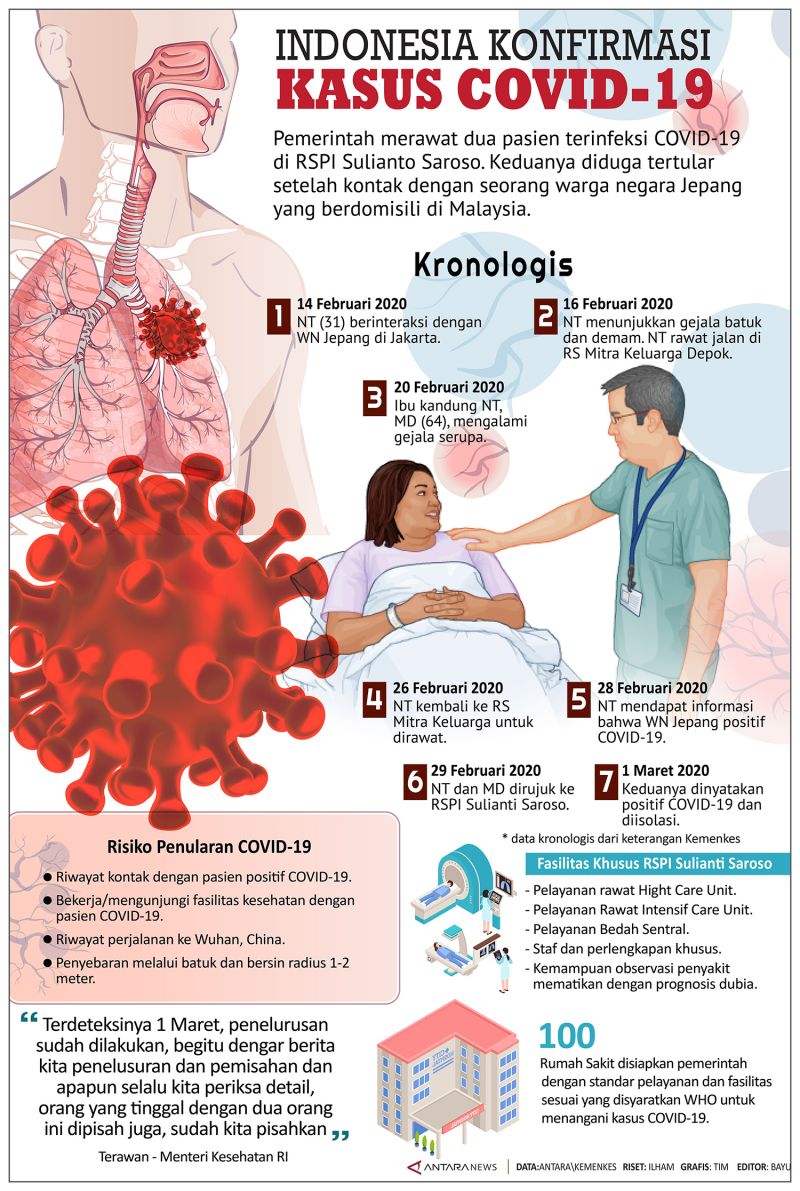
The coronavirus pandemic has been a global health concern for over two years, with millions of cases reported worldwide. As the virus continues to evolve, it's essential to stay informed about the symptoms, transmission, and prevention methods. In this article, we'll delve into the early signs and serious symptoms of coronavirus, providing you with a comprehensive guide to help you navigate this health crisis.
What are the Early Signs of Coronavirus?
The early signs of coronavirus can be mild and may resemble those of a common cold or flu. According to
WebMD, the most common early symptoms of coronavirus include:
- Fever
- Dry cough
- Shortness of breath or difficulty breathing
- Fatigue
- Headache
- Sore throat
- Runny nose or stuffy nose
- Body aches or muscle pains
- Diarrhea
- Nausea or vomiting
These symptoms can appear 2-14 days after exposure to the virus and can range from mild to severe. If you're experiencing any of these symptoms, it's crucial to seek medical attention immediately.
What are the Serious Symptoms of Coronavirus?
While the early signs of coronavirus can be mild, some people may experience more severe symptoms, which can be life-threatening. According to the
CDC, serious symptoms of coronavirus include:
- Difficulty breathing or shortness of breath
- Chest pain or pressure
- Severe headache
- Confusion or disorientation
- Severe fatigue or weakness
- Fever above 102°F (39°C)
- Blue-tinged lips or face
If you or someone you know is experiencing any of these serious symptoms, seek medical attention immediately. Delaying treatment can lead to severe complications, including respiratory failure, acute respiratory distress syndrome (ARDS), and even death.
How to Prevent the Spread of Coronavirus
Preventing the spread of coronavirus is crucial to controlling the pandemic. Here are some effective ways to reduce your risk of infection:
- Wear a mask in public places
- Practice social distancing (at least 6 feet apart)
- Wash your hands frequently with soap and water
- Avoid touching your face, especially your mouth, nose, and eyes
- Avoid close contact with people who are sick
- Stay home if you're feeling unwell
- Get vaccinated
By following these guidelines and staying informed about the latest developments, you can reduce your risk of infection and help prevent the spread of coronavirus.
Coronavirus symptoms can range from mild to severe, and it's essential to stay vigilant and informed about the early signs and serious symptoms. By understanding the symptoms, transmission, and prevention methods, you can protect yourself and your loved ones from this global health crisis. Remember to stay safe, follow the guidelines, and seek medical attention if you're experiencing any symptoms. Together, we can combat this pandemic and create a healthier, safer world for everyone.
Note: This article is for informational purposes only and should not be considered as medical advice. If you're experiencing any symptoms or have concerns about coronavirus, consult a healthcare professional for guidance.






:strip_icc():format(webp)/article/foFS-Eg_bRGaY7IT1ahnk/original/071787300_1594713307-Ilustrasi-Jumlah-Kasus-Virus-Corona-di-Indonesia-Masih-Tinggi-shutterstock_1661426956.jpg)


